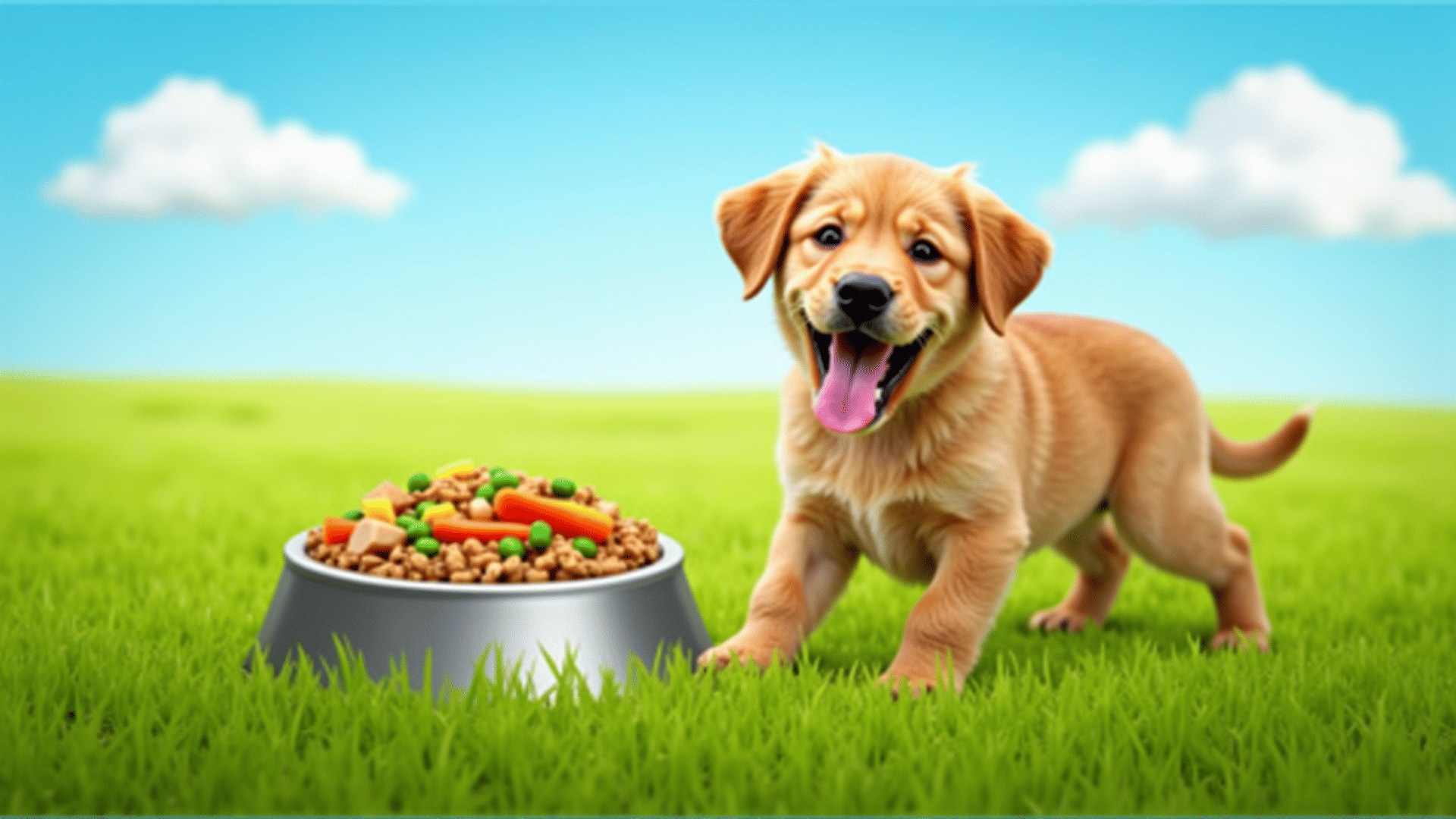When it comes to our pets, ensuring they have a balanced diet is crucial for their wellbeing. Much like humans, different animals have specific dietary needs that are influenced by factors such as their breed, age, and even activity levels. Understanding these needs allows pet owners to provide meals that support their pets’ overall health and energy.
Dogs: The Omnivores
Dogs are generally omnivores, meaning they can thrive on a combination of meat and plant-based foods. However, not all dogs are the same. For example, larger breeds like German Shepherds often need more protein to support their muscle mass, while smaller breeds like Chihuahuas may require fewer calories due to their size. Puppies require nutrients that support growth and development, while older dogs benefit from diets that promote joint health and include antioxidants to support their immune systems.
Cats: The Carnivores
Cats, on the other hand, are obligate carnivores. This means their bodies are evolved to consume a diet primarily composed of meat. This is why protein is an essential part of a cat’s diet. Key nutrients needed by cats include taurine, an amino acid found in animal tissues, and arachidonic acid, a type of fat. A lack of these nutrients can lead to serious health issues such as heart problems and vision impairment. Therefore, feeding the right type of meat and ensuring proper nutritional balance is vital.
Rodents: The Nibblers
Rodents, including hamsters and guinea pigs, have different needs again. These small animals typically require a diet high in fiber to ensure proper digestion. Hay is a staple, particularly for guinea pigs, and provides the necessary fiber. Additionally, fresh vegetables and formulated pellets can provide essential nutrients. It's important to note that guinea pigs cannot synthesize vitamin C on their own, making it essential to incorporate this nutrient into their daily diet, similar to humans.
Birds: The Seed Eaters
Birds have a diverse range of dietary needs depending on their species. Some birds thrive on seeds, while others need a diet that includes fruits and insects. For example, parrots benefit from a varied diet that includes seeds, fruits, and vegetables, which not only provides essential nutrients but also engages their natural foraging behavior. Providing the right mix is vital to prevent nutritional deficiencies and to support vibrant plumage and energy levels.
Reptiles: The Specialized Feeders
Reptiles, such as turtles and lizards, often have highly specialized diets. Some are herbivores, some carnivores, and others are omnivores. For instance, bearded dragons are omnivores and need a balanced diet of insects and leafy greens. Conversely, turtles may be herbivores and require a diet rich in leafy vegetables and aquatic plants. Providing calcium and vitamin D3 supplements is typically necessary for reptiles to prevent metabolic bone disease.
Conclusion
A well-balanced diet tailored to the specific needs of each pet breed ensures that they remain healthy and energetic throughout their lives. Pet owners should always consult with veterinarians to ensure they’re meeting the specific dietary requirements of their pets. This guidance, along with careful attention to dietary needs, can help pets lead longer, healthier lives. Proper nutrition is not just about feeding; it's about providing the foundation for optimal health and vitality.
